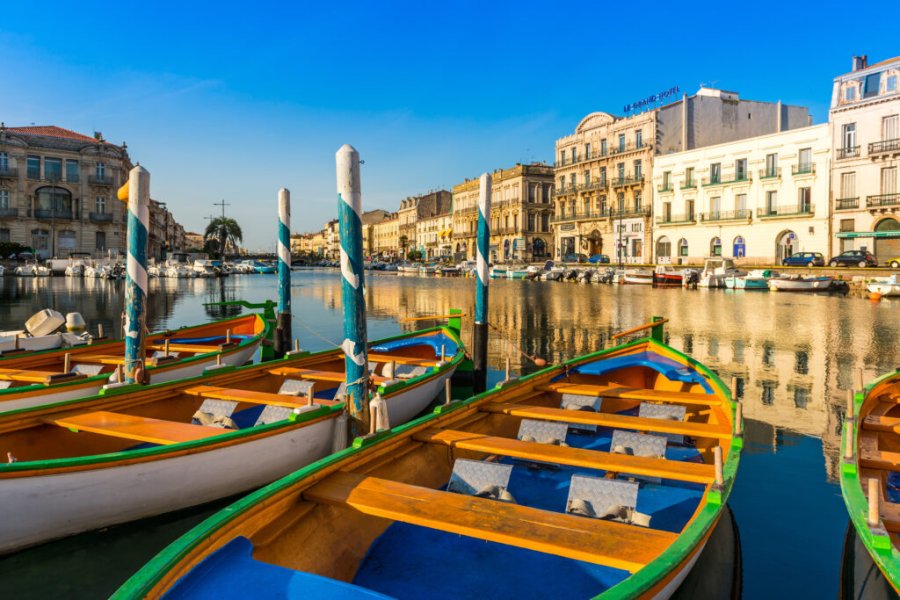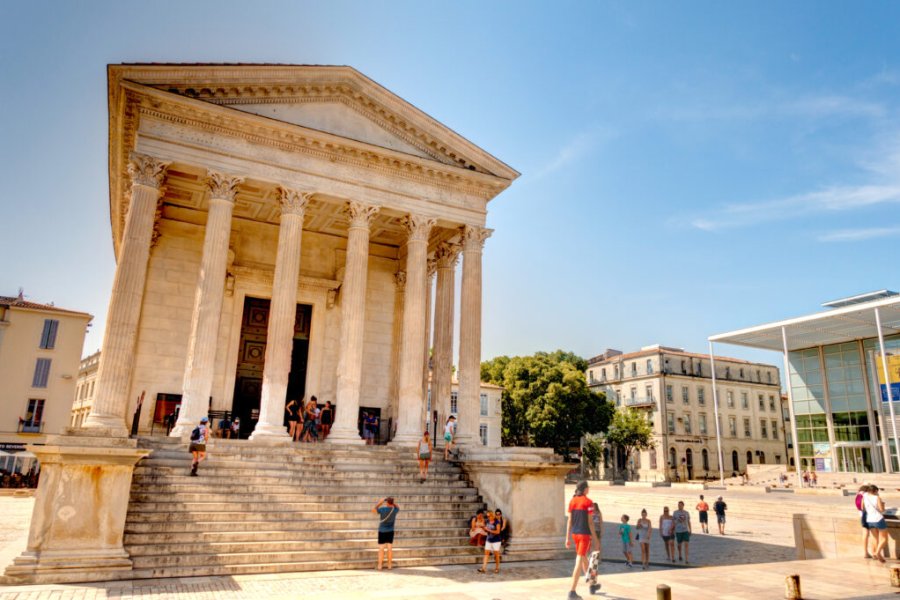Travel Guide Poltava (Полтава)
Find an accommodation
Advertising
320,000 inhabitants. Sadly famous for the Ukrainians, this city was indeed the site of the famous Battle of Poltava, where the 45,000-strong army of Peter the Great crushed the troops of the Cossack Mazepa, who had allied himself with the army of Charles XII of Sweden. From that date, Sweden ceased to have any ambition for Russia and the Cossacks, who had made this city one of the country's most important military bases. Russia, for its part, was able to reach the forefront of the European scene. This victory of the Russians remained so strong in the collective memory that the Ukrainian language even forged an expression there: "to be like a Swede in Poltava", which means "to be completely helpless". Before this infamous victory, Poltava had had a rather turbulent history. From the 11th to the 17th century, the territory of Poltava was located on the border between the Kievian Rus' and the nomadic steppes, the Grand Duchy of Lithuania and the Golden Oxide, the Polish-Lithuanian Republic and Russia. This status of no man's land favoured the creation of a Cossack camp and at the beginning of the 17th century the hetman Stanislav Zholkievski founded the Poltava fortress. In 1667 it was integrated into the Russian Empire in 1667. For Ukrainians, this ancient Cossack city and its region are the heart of Ukraine and the cradle of its culture. Most Ukrainian writers of the 18th and 19th centuries were born here, including Nikolai Gogol, and the local dialect of the region is the basis of Ukrainian literary language. This fascinating land offers some of the most beautiful landscapes in rural Ukraine.
What to visit Poltava (Полтава)?
Advertising
Suggested addresses Poltava (Полтава)
Weather at the moment
Advertising
Organize your trip with our partners Poltava (Полтава)
Transportation
Book your plane tickets
Car Rental
Boat rental
Accommodation & stays
Find a hotel
Holiday rental
Find your campsite
Tailor-made trip
Immersion travel
Services / On site
Activities & visits
Find a doctor
Poltava (Полтава) travel inspiration
Find unique Stay Offers with our Partners
Pictures and images Poltava (Полтава)
There are currently no photos for this destination.











